In distributed transactional database systems deployed over cloud servers, entities cooperate to form proofs of authorizations that are justified by collections of certified credentials. These proofs and credentials may be evaluated and collected over extended time periods under the risk of having the underlying authorization policies or the user credentials being in inconsistent states. It therefore becomes possible for policy-based authorization systems to make unsafe decisions that might threaten sensitive resources.
In this project, we highlight the criticality of the problem. We then define the notion of trusted transactions when dealing with proofs of authorization. Accordingly, we propose several increasingly stringent levels of policy consistency constraints, and present different enforcement approaches to guarantee the trustworthiness of transactions executing on cloud servers.
We propose a Two-Phase Validation Commit protocol as a solution, which is a modified version of the basic Two-Phase Validation Commit protocols. We finally analyze the different approaches presented using both analytical evaluation of the overheads and simulations to guide the decision makers to which approach to use.
- the criticality of the problem. It defines the notion of trusted transactions when dealing with proofs of authorization. Accordingly, it propose several increasingly stringent levels of policy consistency constraints, and present different enforcement approaches to guarantee the trustworthiness of transactions executing on cloud servers.
- It proposed a Two-Phase Validation Commit protocol as a solution, which is a modified version of the basic Two-Phase Validation Commit protocols.
- It finally analyze the different approaches presented using both analytical evaluation of the overheads and simulations to guide the decision makers to which approach to use.
- In this paper address this confluence of data, policy, and credential inconsistency problems that can emerge as transactional database systems are deployed to the cloud.
- This paper formalized the concept of trusted transactions. Trusted transactions are those transactions that do not violate credential or policy inconsistencies over the lifetime of the transaction.
- It present a more general term, safe transactions, that identifies transactions that are both trusted and conforms to the ACID properties of distributed database systems.
- It defines several different levels of policy consistency constraints and corresponding enforcement approaches that guarantee the trustworthiness of transactions executing on cloud servers.
- It proposed a Two-Phase Validation Commit (2PVC) protocol that ensures that a transaction is safe by checking policy, credential, and data consistency during transaction execution.
- Advantages:
- It provides a good balance between accuracy and performance, at the cost of higher code complexity.


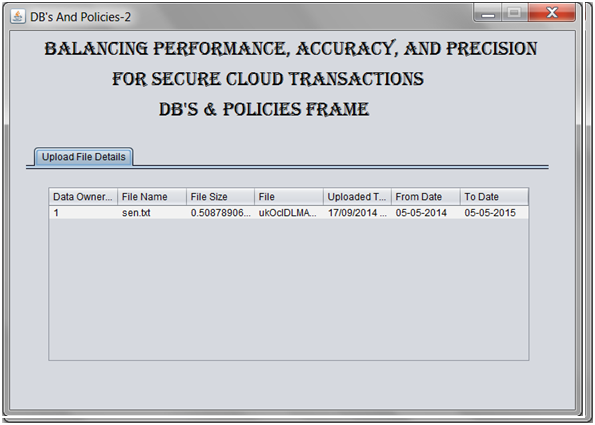














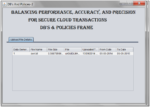

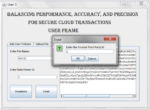
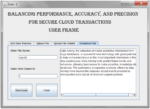
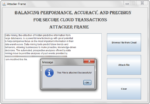
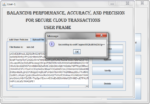

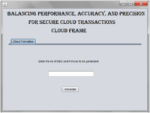

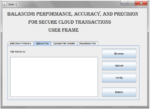


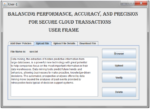
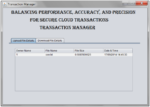





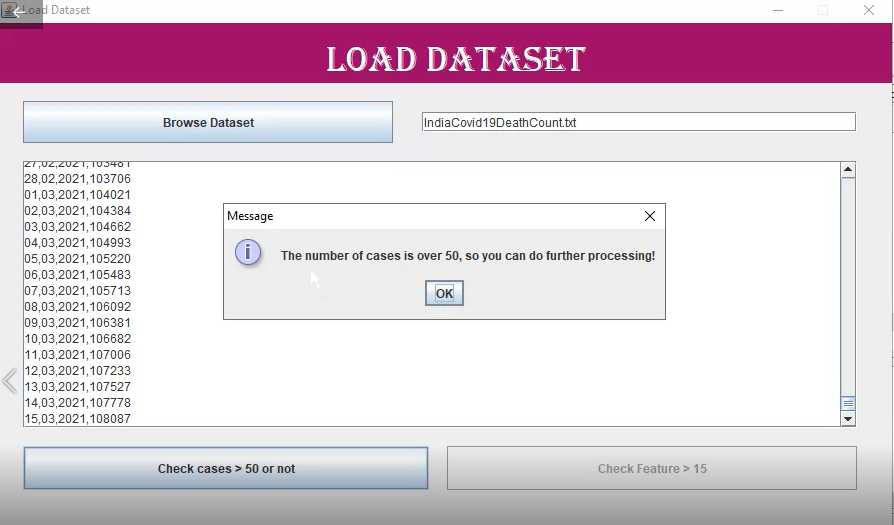

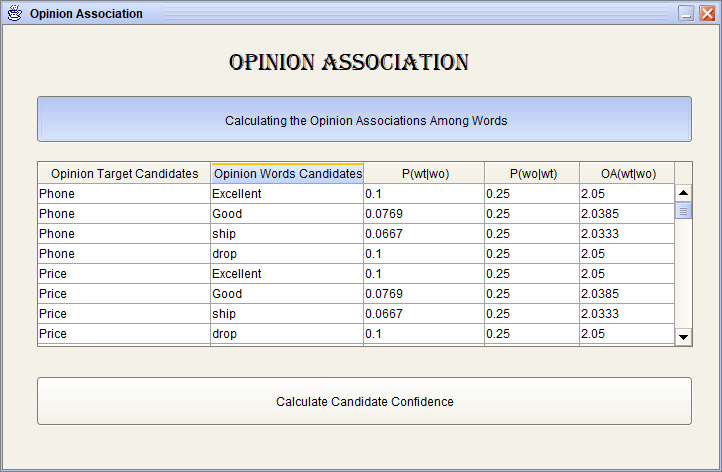





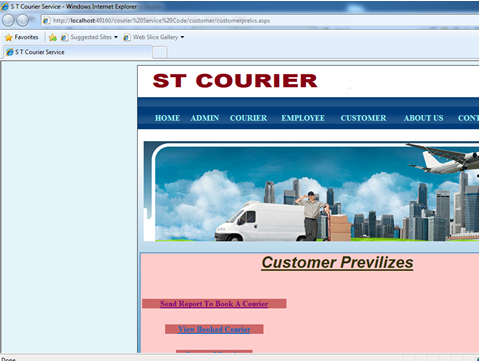

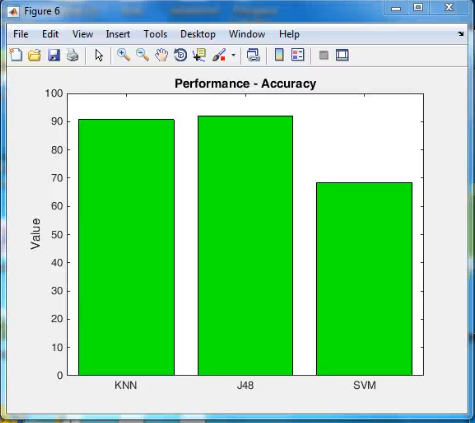
Reviews
There are no reviews yet.